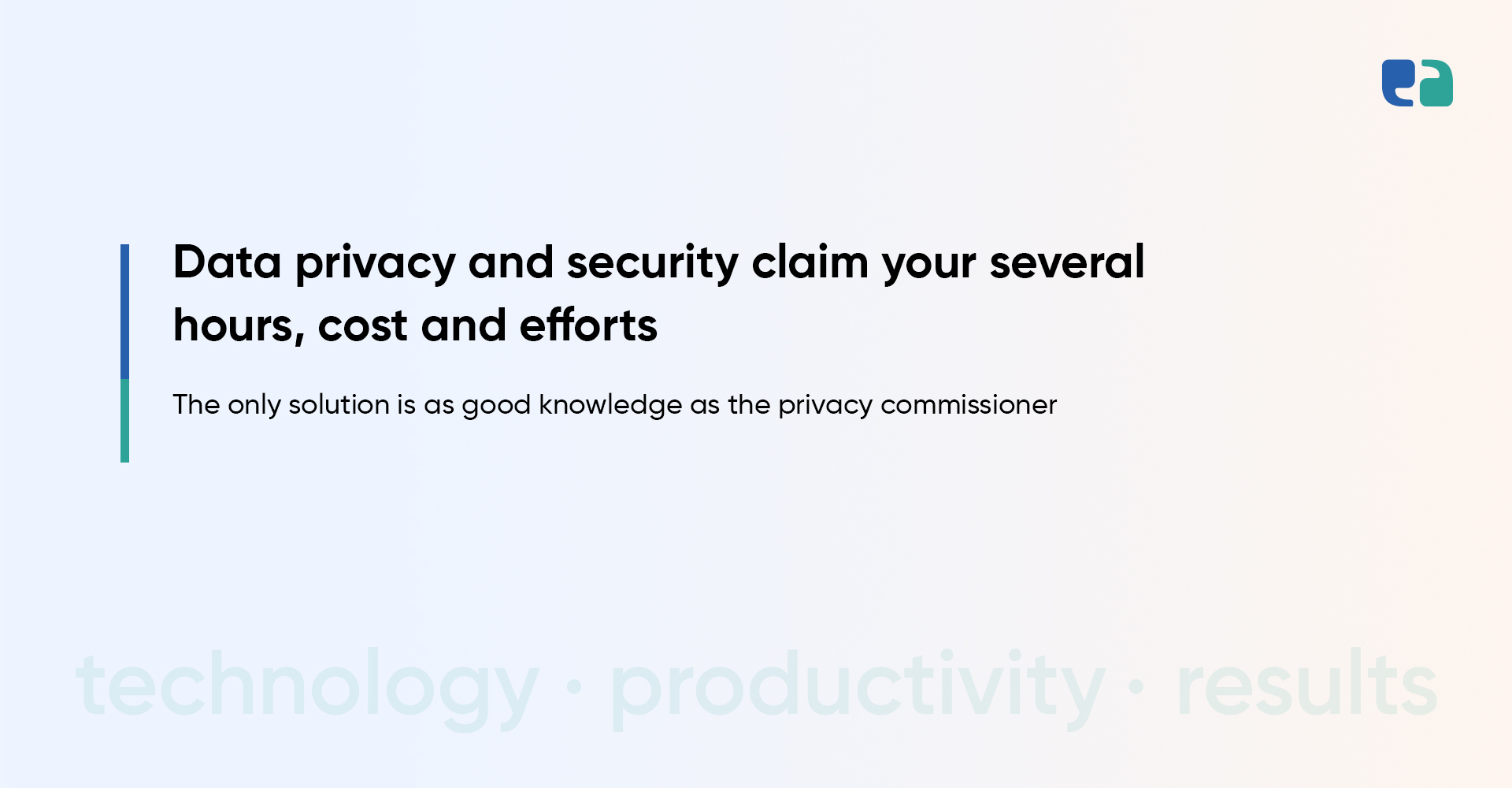No, Canadian data doesn’t have to stay in Canada.
Neither the Personal Health Information Protection Act (PHIPA) nor the Personal Information Protection and Electronic Documents Act (PIPEDA) requires private companies to keep their data stored only within Canada.
However, if we’re talking about government entities, they do have strict rules. These rules make sure that data doesn’t leave the country.
So, while private sector businesses have more flexibility, they still need to follow PHIPA and PIPEDA laws.
This means they must have solid technical and physical security measures in place to protect data, no matter where it’s stored.
A 2024 Guide to Canadian Data Residency Requirements
Here are the key points regarding Canadian data residency:
1. PIPEDA Compliance
PIPEDA governs how personal data must be handled.
While PIPEDA does not explicitly require data to be stored in Canada, it mandates that organizations must protect personal information, regardless of where it is stored.
2. Provincial Regulations
Some provinces have stricter data residency laws.
For example, British Columbia, Alberta, and Quebec have their own privacy legislation that may require data to be stored within the province.
3. Government Data
For federal government data, there are more stringent rules, often necessitating that sensitive data be stored on Canadian soil due to national security concerns.
4. Cloud Services
Many organizations using cloud services should check their providers’ data residency practices.
Some cloud providers offer data storage options that comply with Canadian laws and can guarantee data remains in Canada.
Here is What the Information and Privacy Commissioner of Ontario has to Say About It
“PHIPA does not require that personal health information be retained and stored in Ontario or Canada. There is no legislative prohibition on storing and accessing personal health information outside of Ontario. For example, a custodian may decide to outsource the storage of personal health information to a service provider in another jurisdiction. However, the custodian is ultimately accountable for the actions of its agent and must be satisfied that appropriate administrative, physical, and technical safeguards are in place, for example, through contractual arrangements.” [Source]
The Data Privacy Laws Structure in Canada
In Canada, there is one federal-level data privacy law called PIPEDA and multiple provincial-level laws such as,
- PIPA: Personal Information Protection Act (AB)
- PHIPA: Personal Health Information Protection Act (ON) (Healthcare-specific)
- PHIPAA: Personal Health Information Privacy and Access Act (NB)
- PHIA: Personal Health Information Act (NS, NL)
- Quebec Privacy Act (QB)
So, if you are practicing a business (for example: a healthcare business in Ontario), PHIPA surely applies to you.
But PIPEDA also applies to your business practice.
Majorly, the requirements of both federal and provincial data protection laws in Canada are the same, but there are some differences.
For example, PHIPA does apply to you during both commercial and non-commercial healthcare activities.
Whereas, PIPEDA applies when you are collecting, using, and sharing data during commercial activities only, regardless of the industry.
Want to Store Data Outside of Canada? Key Points to Remember
If you belong to the private sector, you can store data outside Canada, but you must ensure it is done securely. Here are the key responsibilities to keep in mind:
1. Data Security:
You are responsible for the secure storage of data. Canadian laws do not specify technical safeguards like HIPAA does.
2. PIPEDA Requirements:
- Use contracts or other means to ensure high protection levels while third parties process your data.
- Notify the Privacy Commissioner of any data breaches.
3. Validate Policies:
Ensure that your data storage provider has robust privacy policies and staff training in place.
By adhering to these guidelines, you can protect your data and remain compliant with PIPEDA.
In early 2022, we conducted a survey of Canadian businesses to better understand their awareness of and approaches to privacy protection.https://t.co/htgeVRpjCG pic.twitter.com/LCK3PwvXEd
— OPC (@PrivacyPrivee) August 11, 2022
The Difference Between Canadian and European Data Residency Requirements:
The global economy highly depends on the cross-border transfer of data.
But at the same time, it also holds significant privacy and security risks.
Thus, to keep privacy risks at the minimum level while the data is being stored, transferred, and used across borders, different countries have imposed different data residency requirements.
For example, the European Commission restricts data transfer with jurisdictions that they find offering not “adequate” protection for personal information.
This is called the state-to-state approach.
But in Canada, “PIPEDA does not prohibit organizations in Canada from transferring personal information to an organization in another jurisdiction for processing.”
However, PIPEDA unquestionably asks one organization to validate the privacy and security measures of another organization that it is dealing with.
Thus, it is called to have an organization-to-organization approach in Canada.



